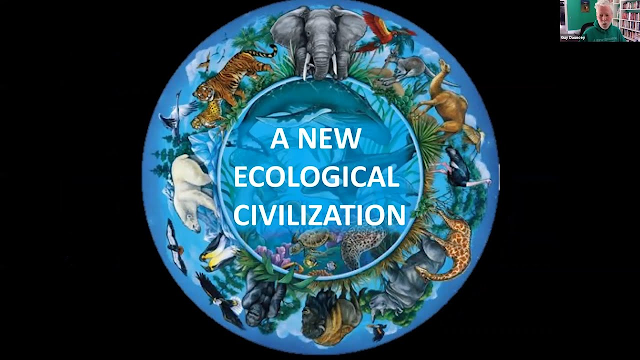- EEEE - Refusing to stop polluting and toxifying biotic and human communities shows willful disregard to the welfare of a highly integrated community.
- SSSS - Refusing to consider employment conditions and welfare of your workers again promotes money over value.
- GGGG - And allowing corruption, lies, and false dealing between elected representatives and the public means removal from office (hopefully immediately re criminal prosecutiins).
- EEEEnvironmental aspect: Data is reported on climate change, greenhouse gas emissions, biodiversity loss, deforestation, pollution, energy efficiency and water management.
- SSSSocial aspect: Data is reported on employee safety and health, working conditions, diversity, equity, and inclusion, and conflicts and humanitarian crises, and is relevant in risk and return assessments directly through results in enhancing (or destroying) customer satisfaction and employee engagement.
- GGGGovernance aspect: Data is reported on corporate governance such as preventing bribery, corruption, Diversity of Board of Directors, executive compensation, cybersecurity and privacy practices, and management structure.
Environmental, social, and corporate governance (ESG) is a framework designed to be embedded into an organization's strategy that considers the needs and ways in which to generate value for all of organizational stakeholders (such as employees, customers and suppliers and financiers).
ESG corporate reporting can be used by stakeholders to assess the material sustainability-related risks and opportunities relevant to an organization. Investors may also use ESG data beyond assessing material risks to the organization in their evaluation of enterprise value, specifically by designing models based on assumptions that the identification, assessment and management of sustainability-related risks and opportunities in respect to all organizational stakeholders leads to higher long-term risk-adjusted return.[1] Organizational stakeholders include but not limited to customers, suppliers, employees, leadership, and the environment.[2]
Since 2020, there has been accelerating pressure from the United Nations to overlay ESG data with the Sustainable Development Goals (SDGs), based on their work, which began in the 1980s.[3]
The term ESG was popularly used first in a 2004 report titled "Who Cares Wins", which was a joint initiative of financial institutions at the invitation of UN.[4] In less than 20 years, the ESG movement has grown from a corporate social responsibility initiative launched by the United Nations into a global phenomenon representing more than US$30 trillion in assets under management.[5] In the year 2019 alone, capital totaling US$17.67 billion flowed into ESG-linked products, an almost 525 percent increase from 2015, according to Morningstar, Inc.[6] Critics claim ESG linked-products have not had and are unlikely to have the intended impact of raising the cost of capital for polluting firms,[7] and have accused the movement of greenwashing.[8]
Dimensions
- Environmental aspect: Data is reported on climate change, greenhouse gas emissions, biodiversity loss, deforestation, pollution, energy efficiency and water management.
- Social aspect: Data is reported on employee safety and health, working conditions, diversity, equity, and inclusion, and conflicts and humanitarian crises,[9] and is relevant in risk and return assessments directly through results in enhancing (or destroying) customer satisfaction and employee engagement.
- Governance aspect: Data is reported on corporate governance such as preventing bribery, corruption, Diversity of Board of Directors, executive compensation, cybersecurity and privacy practices, and management structure.














































